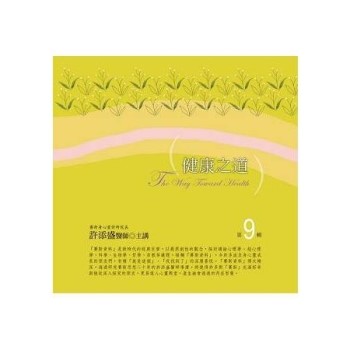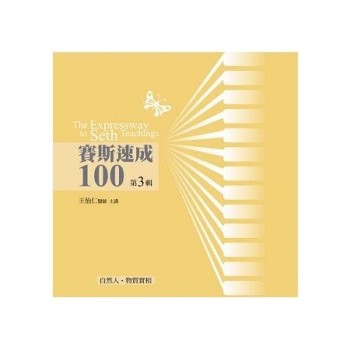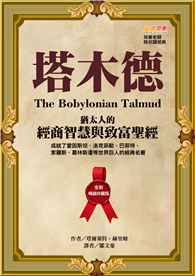Erik Champion is Enterprise Fellow at University of South Australia, Emeritus Professor at Curtin University, Australia, and formerly UNESCO Chair and Visualisation theme leader of the Curtin Institute of Computation. His recent books are Rethinking Virtual Places (2021), Organic Design in Twentieth-Century Nordic Architecture (Routledge, 2019), Critical Gaming: Interactive History and Virtual Heritage (Routledge, 2016), and Playing with the Past (2011). He is editor of Virtual Heritage: A Guide (2021), The Phenomenology of Real and Virtual Places (Routledge, 2019), and Game Mods: Design, Theory and Criticism (2012), and co-editor of Cultural Heritage Infrastructures in Digital Humanities (Routledge, 2018).
Jane Stadler is Honorary Professor of Film and Media Studies at The University of Queensland in Australia. She led a collaborative Australian Research Council project on landscape and location in Australian cinema, literature, and theatre (2011-2014) and co-authored Imagined Landscapes: Geovisualizing Australian Spatial Narratives (2016). She is author of Pulling Focus: Intersubjective Experience, Narrative Film and Ethics (2008) and co-author of Screen Media (2009) and Media and Society (2016). Her recent research focuses on the audience’s affective responses to cinema.
Christina Lee is a Senior Lecturer in English and Cultural Studies at Curtin University, Australia. She is the author of Screening Generation X: The Politics and Popular Memory of Youth in Contemporary Cinema (2010); and editor of Violating Time: History, Memory, and Nostalgia in Cinema (2012) and Spectral Spaces and Hauntings: The Affects of Absence (Routledge, 2017). Her research interests include spaces of imagination and spectrality (including screen tourism sites), popular culture and fandom.
Robert Moses Peaslee is an Associate Professor in the Department of Journalism and Creative Media Industries at Texas Tech University, USA. He is the co-editor of The Joker: A Serious Study of the Clown Prince of Crime (2015), The Supervillain Reader (2020) and Web-Spinning Heroics: Critical Essays on the History and Meaning of Spider-Man (2012). He also co-edited Marvel Comics into Film: Essays on Adaptations since the 1940s (2016). Robert studies relationships between media and place, as well as popular culture, adaptation and fandom.












